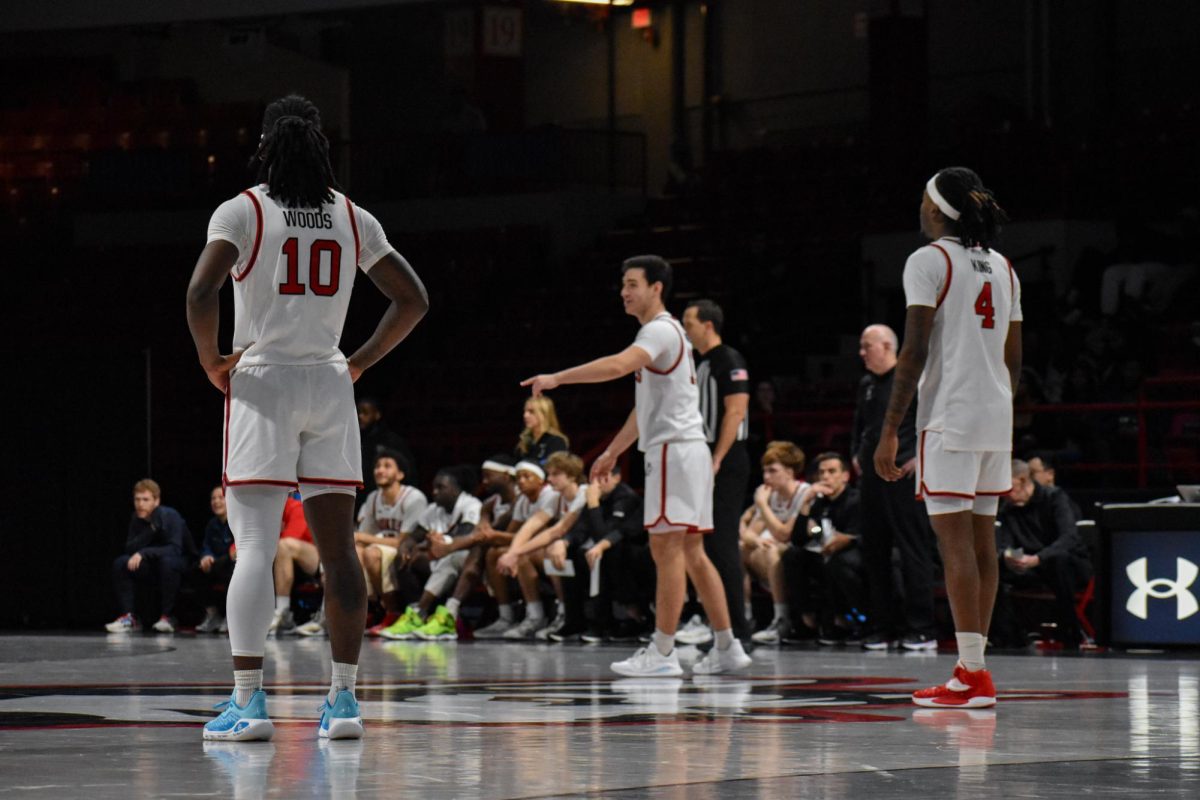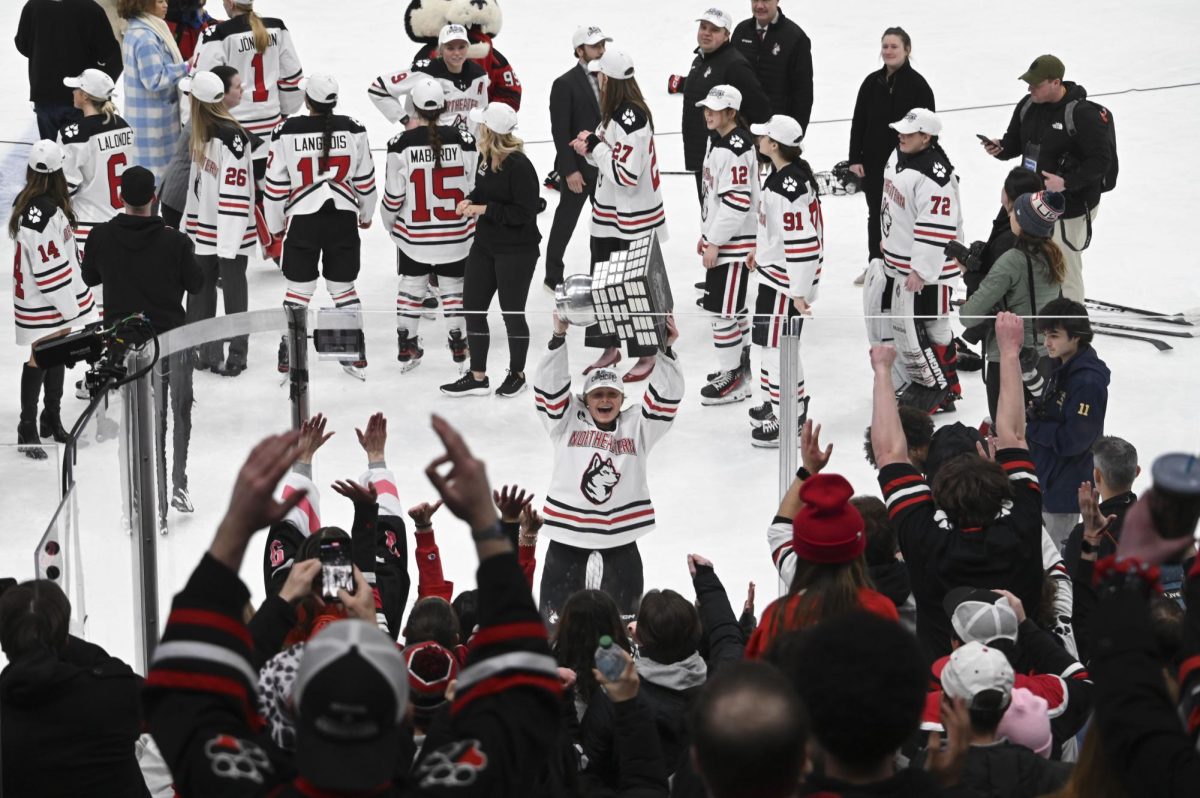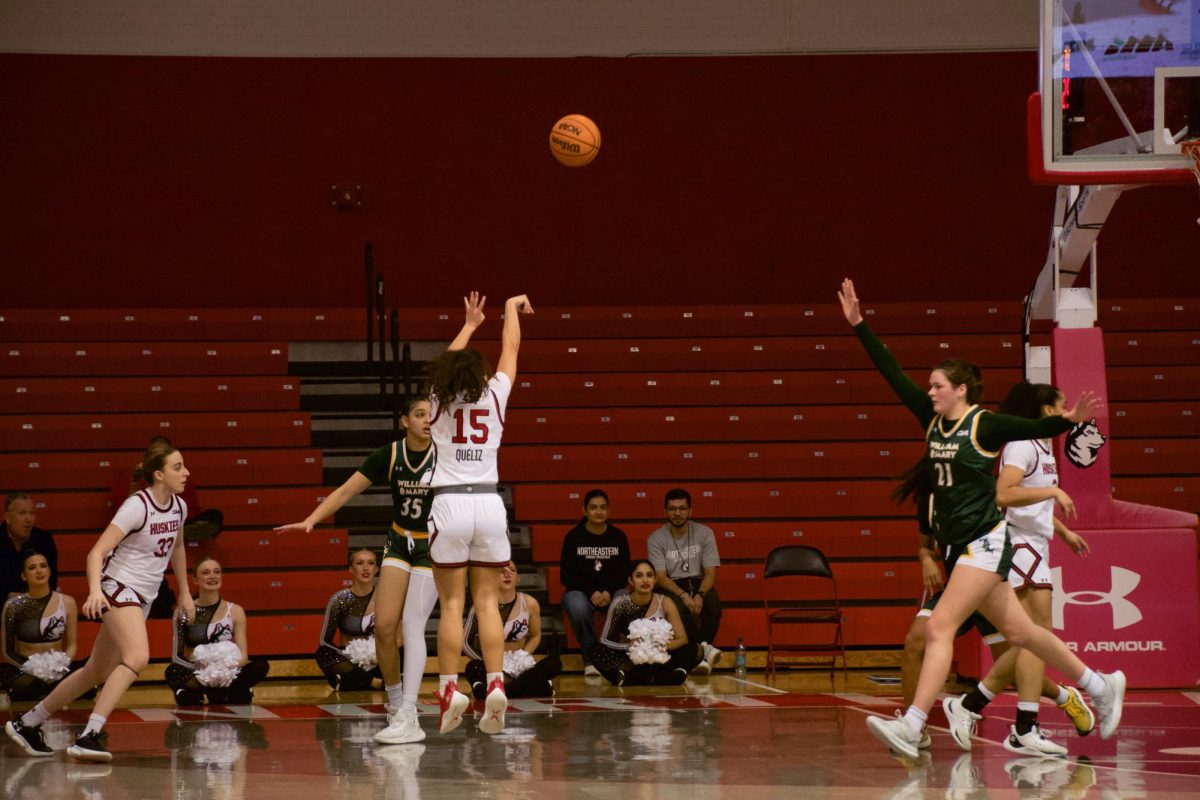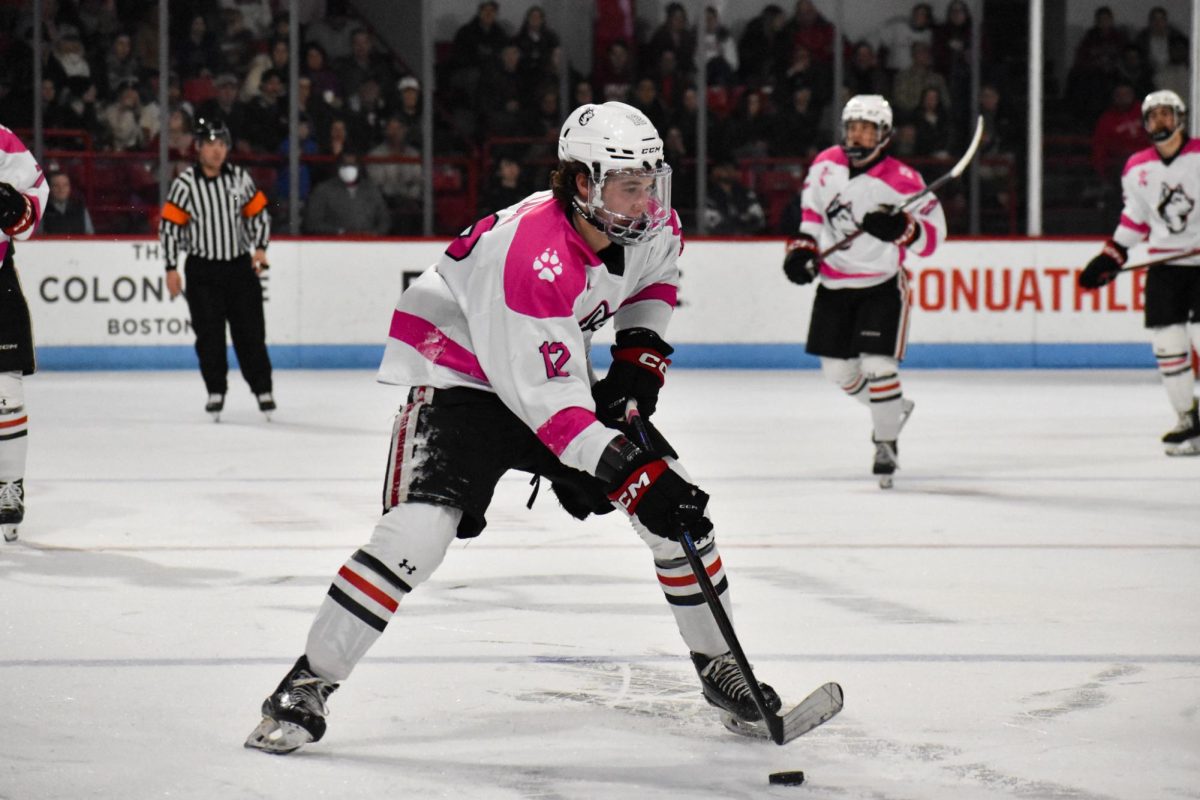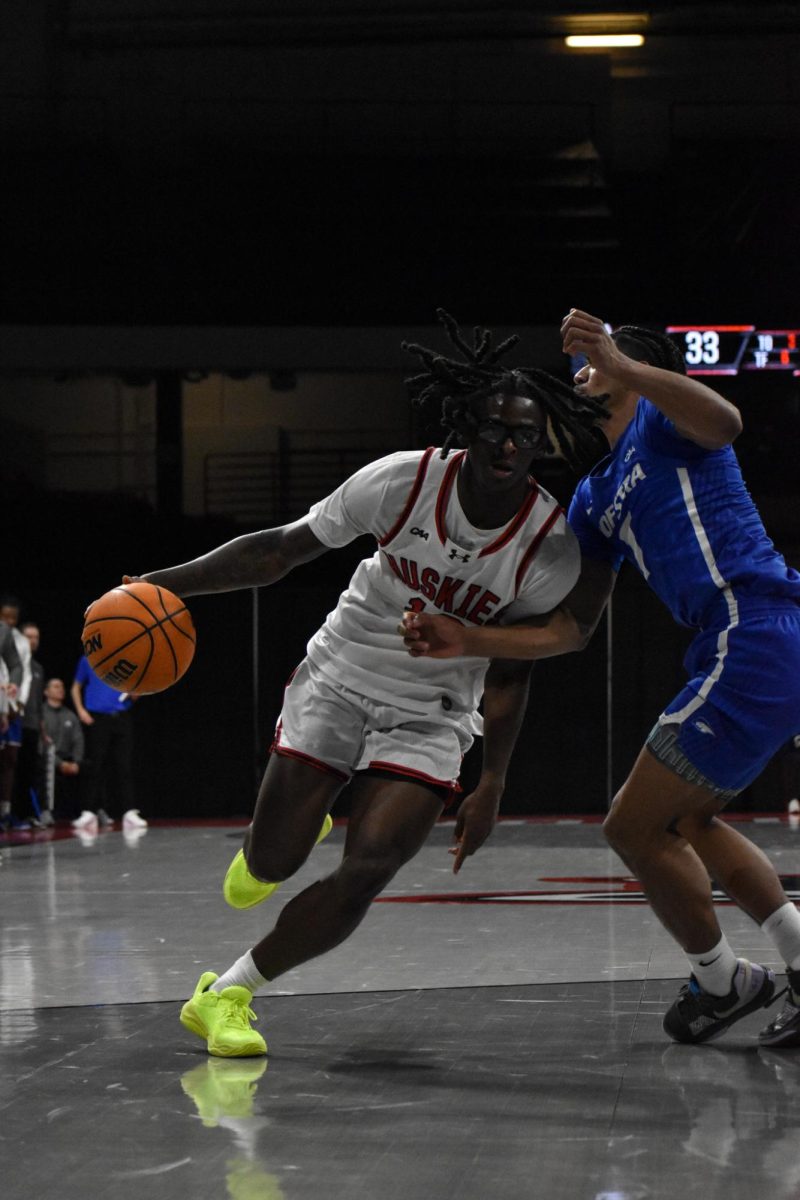A few years ago, I sat on my couch with my then-girlfriend, flipping through the channels trying to find something to watch. I arrived at “Remember the Titans,” a film that is on my shortlist of movies I feel obligated to watch every time it is on. After a few minutes, my ex-girlfriend said callously, “let me guess, through the football team’s success, the high school and surrounding area band together and overcome the racial tension dividing the area,” (I’m paraphrasing here).
In her eyes, despite it being based on a true story, the formulaic plot line explored spent themes, and she had no interest in watching it. While many sports movies are notorious for their clichés, teams can have a galvanizing effect capable of transcending social barriers and rebuilding a community.
I saw a similar Hollywood ending recently. I’m pretty sure most of you caught it, too.
The story begins almost two years ago. Following a catastrophic meltdown at the end of the season, a perennial powerhouse fires one of the winningest coaches in team history. Rumors circulate, questioning player commitment and general team atmosphere. The phrase “toxic locker room” gets thrown around a lot.
The team hires a new coach with a screwball reputation (played by Billy Crystal?) for a clean start and some comedic relief. Things start poorly, but the team turns it around.
Just kidding. They tank.
Their key players are sidelined with injuries for a good portion of the campaign. By season’s end, they sit in the cellar of their division and trade four of the most recognizable names on the roster.
Crystal gets fired.
Deciding to take a different approach, they hire a former member of the winning regime to take over. He has Mitt Romney’s looks, a stoic demeanor, and seems to have an innate sense for the game, specifically pitching. The team also signs a couple players with reputations as “locker room guys.” Cue the 1980s music and montage of press conferences, off-season workouts and high-fives.
They start out hot, and work their way into first place two weeks into the season.
An hour after completing a three-game sweep of a division rival in their annual homecoming game, tragedy strikes. Terrorists set off bombs at a public celebration just over a mile from the stadium. Three are dead, hundreds injured. Their city has been violated, and they helplessly are on their way to Cleveland for their next series.
One player does something as simple as sharing the “Boston Strong” rallying cry with his twitter followers, and catalyzes the phenomenon. From the dugout of Cleveland’s Progressive Field, they hang a jersey that says “Boston 617 Strong,” and the uniform becomes a dugout staple for the season.
As soon as they get back home, the 25 players split into groups of five and visit hospitals. The team’s community and public relations groups try to make arrangements for them, but they insist on taking care of things themselves, intentionally avoiding staged public meetings with the victims. They ditch their uniforms and show up in their street clothes to keep the attention where it should be, on the affected.
All told, by mid-October, they make 470 community appearances, dwarfing the 305 made by the dysfunctional squad from just a year earlier. Meanwhile, they enter the playoffs tied for the best record in the league.
The players grow out playoff beards, then later shave them, raising $100,000 for the victims of the tragedy.
In true sports movie fashion, the story comes full circle, as they win the World Series and parade down the same street that was the site of horror months earlier, reclaiming it for its citizens.
The ending might be a little predictable, but I think it’s the one everyone wanted.
– Dylan Lewis can be reached at [email protected]



